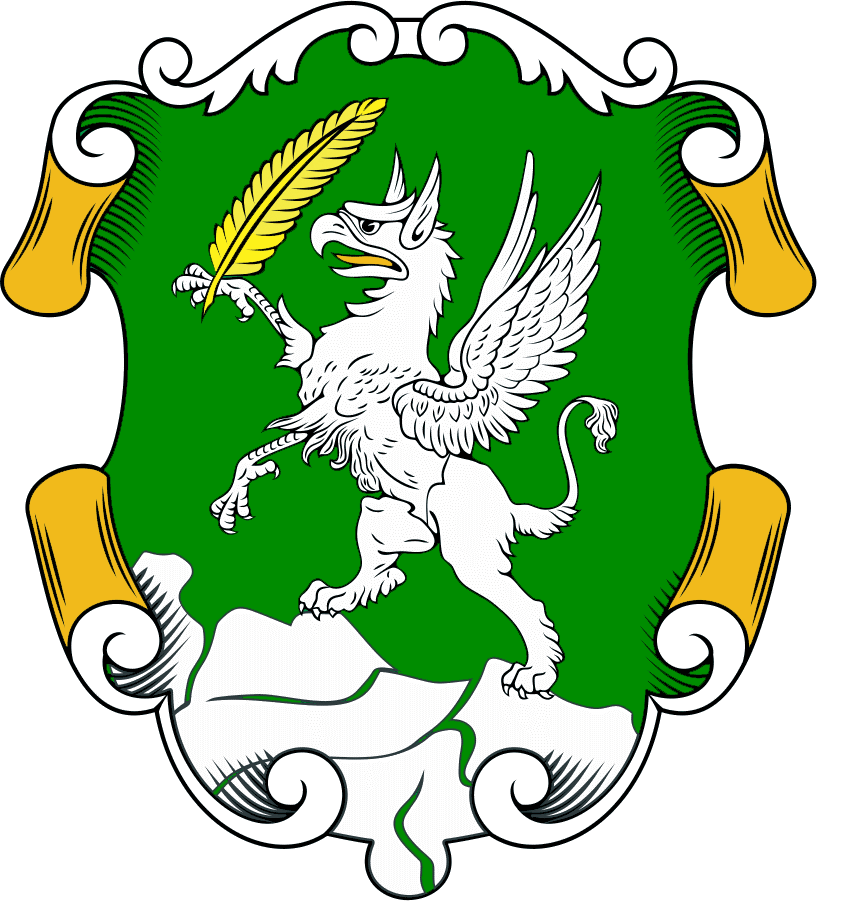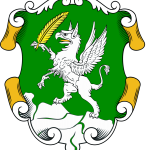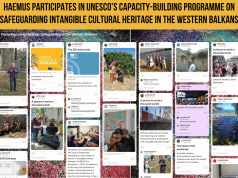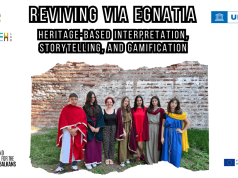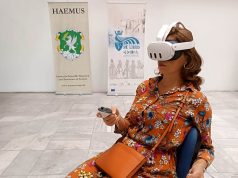
Last week, a team representing Haemus attended two public hearings pertaining to local cultural regulations of the City of Skopje, as well as the Law on National Cultural Heritage of the Republic of Macedonia.
On November 23, 2012, members of Haemus took part in a public debate organized and held at the Skopje City Museum, with members of the NGO “Makedonida” acting as moderators. The debate was focused on the Strategy and Action Plan for the development of culture in Skopje, 2012-2015, as well as the joint efforts of historians, archaeologists and museologists aiming to improve the activities of the Museum. This debate helped bring to light many problems and unresolved administrative issues within the Skopje City Museum, as well as the lack of support by the local authorities.

The second debate took place on November 28, 2012, in the Museum of Macedonia. The Macedonian National ICOMOS Committee organized a forum proposing changes and additions to the Law on Protection of Cultural Heritage, which came into force on January 1st, 2005. After 7 years of enforcing and implementation, an attempt was made to note both the good and bad solutions it offers; to come up with sound suggestions for the improvement of the Law itself, as well as regulations derived from it; and finally, to examine its rapport to other laws treating immovable, movable and spiritual (material) heritage. The written conclusions of this extraordinary milestone are expected to be submitted for consideration, with the final aim to change the National Law on cultural heritage.
